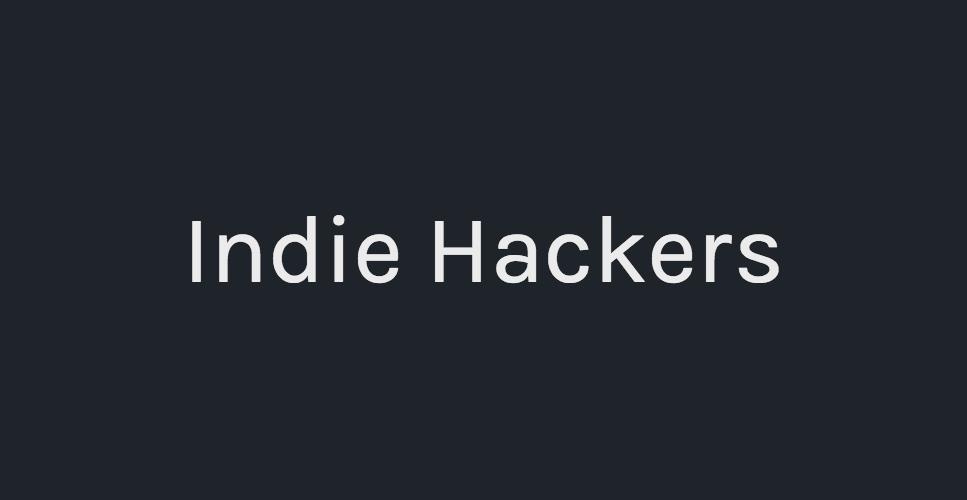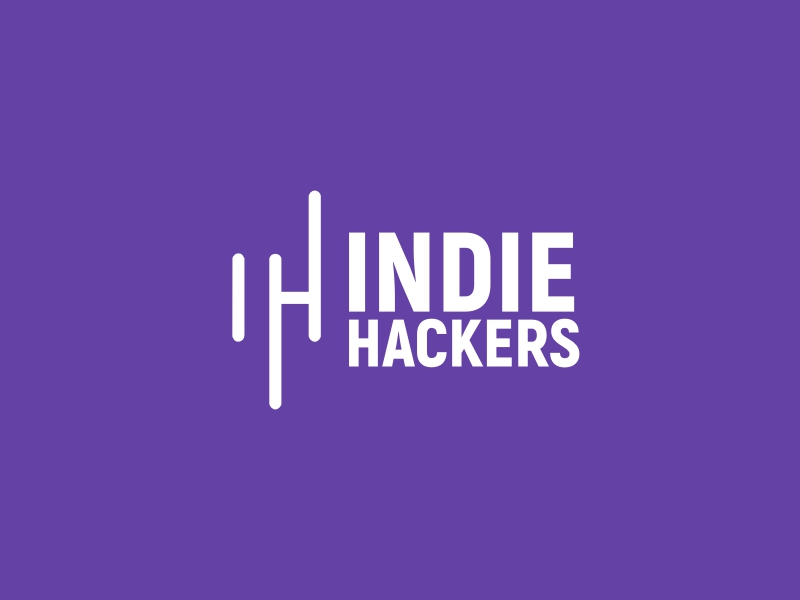The indie hacking movement has revolutionized entrepreneurship by proving that sustainable, profitable businesses can be built without external funding or large teams. These independent creators focus on solving real problems while maintaining complete control over their projects and revenue streams. The beauty of indie hacking lies in its transparency – founders openly share their revenue figures, growth strategies, and lessons learned, creating an invaluable resource for aspiring entrepreneurs.
Indie hackers represent a new breed of entrepreneurs who prioritize sustainability over rapid scaling. They build businesses that generate consistent revenue while maintaining work-life balance and creative freedom. This approach has gained significant traction as more developers and creators seek alternatives to the traditional venture capital route, which often demands rapid growth at the expense of founder autonomy.
The indie hacking community thrives on knowledge sharing and mutual support. Platforms like Indie Hackers have become central hubs where founders document their journeys, from initial idea validation to scaling profitable businesses. This transparency creates a unique learning environment where both successes and failures are openly discussed, providing realistic insights into the entrepreneurial journey.
What makes indie hacking particularly appealing is its accessibility. Many successful projects started as side hustles, gradually growing into full-time businesses as revenue increased. This organic growth model reduces financial risk while allowing founders to validate their ideas thoroughly before committing fully. The movement has produced numerous inspiring success stories across various industries, from SaaS platforms to creative tools.
Breakthrough SaaS Solutions
Ghost stands out as a prime example of indie hacking success in the content management space. Originally launched through a Kickstarter campaign, this open-source blogging platform has grown into a thriving business by focusing on simplicity and customization. Ghost’s MIT license fostered a dedicated community of developers and bloggers who continuously contribute to its improvement. The platform successfully transitioned from pure open source to a dual model offering premium hosting services, demonstrating how indie hackers can monetize community-driven projects.

Mattermost represents another remarkable success story in secure team communication. Built to address the need for privacy-focused, self-hosted communication solutions, Mattermost leverages the MIT License to maintain transparency while offering premium services. The platform’s emphasis on data security and customization has made it particularly popular among enterprises with strict compliance requirements, proving that niche solutions can achieve significant market penetration.
Innovative Automation Projects
SubmitHub showcases how indie hackers can identify and automate inefficient processes. The founder initially ran a music blog and received countless submission emails daily. Recognizing an opportunity, he automated the submission process and monetized it by charging artists for submissions while connecting multiple blogs and labels to the platform. This project demonstrates the power of leveraging existing audiences and automating manual processes to create scalable revenue streams.
Park.io represents one of the most ingenious automation projects in the domain industry. This platform automatically reserves domains that will become available in the future, offering them to interested buyers for $99 or through auctions when multiple parties show interest. The creator automated the entire process, from domain acquisition to auction management, creating a hands-off business model that generates consistent revenue.
Creative and Design Tools
Logojoy revolutionized logo creation by implementing AI-driven design algorithms. The platform analyzes user preferences regarding colors, fonts, and styles to generate personalized logos automatically. This approach democratized professional logo design, making it accessible to small businesses and entrepreneurs who couldn’t afford traditional design services.
7-Zip demonstrates how utility software can achieve massive adoption through community-driven development. Licensed under GNU LGPL, this file compression tool has become widely adopted due to its efficiency and simplicity. The project’s donation-based funding model proves that even free software can generate sustainable revenue when it provides genuine value to users.




